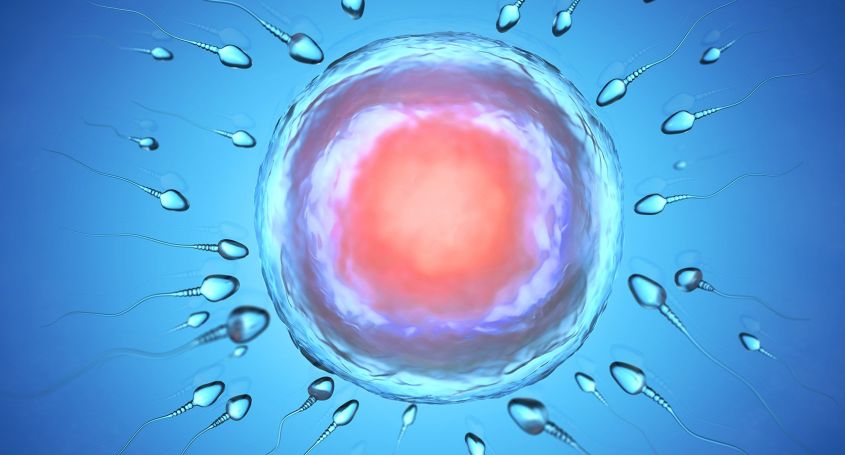Embryo implantation is the process by which the embryo adheres to the endometrium. From that moment on, gestation begins and the embryo will continue its development, growing and also forming the placenta (the organ that will feed it for 9 months).
Embryo and endometrium
The human embryo implants itself at the blastocyst stage, when it is between 6 and 7 days old and has the shape of a ball comprised of about 200 cells. The endometrium (the inner layer of the uterus) gradually thickened during the first 15 days of the menstrual cycle, until acquiring an optimal thickness of between 6 and 10 millimeters.
For the embryo to successfully implant itself and a pregnancy to occur, close molecular "dialog" between the embryo and the endometrium is needed. To be able to communicate, the embryo must be of good quality. The fertilized egg, after managing to reach the blastocyst stage, "hatches" out of the surrounding membrane.
In turn, the endometrium must be receptive; that is, it must be able to recognize the embryo and promote its nidation (nesting). The receptivity of the endometrium is dictated by the menstrual cycle; that is, the endometrium will only be receptive for a few days, which is known as the implantation window.
In the event that an assisted reproduction treatment is followed, the embryologists will select the embryo with the best implantation prognosis for transfer. Likewise, the medical team will prescribe the hormonal treatment needed for proper endometrial preparation.
The implantation stages
Implantation consists of several phases, in which the molecular dialog is modulated and which involve hormonal factors and the immune system. First, apposition occurs -- when the embryo settles in the endometrium. Once correctly situated, adhesion takes place, in which the embryonic and endometrial cells come into close contact. Finally comes invasion, when the embryonic cells displace the endometrial epithelial cells and invade underlying tissue.
Implantation symptoms
Implantation marks the beginning of pregnancy. The hormone beta-hCG will start to be synthesized, which is the hormone that is detected in a pregnancy test. Although it is possible that the woman may notice the first symptoms of pregnancy at this time, there are many women who still do not feel any symptoms during these first days – even though they are pregnant.
One of the possible symptoms is implantation bleeding. This can occur when the embryo invades the endometrium. During this process, small blood vessels in the endometrium are reshaped to connect with embryonic tissue and become the placenta in the future. This symptom does not pose any risk to the pregnancy and its absence likewise does not exclude pregnancy.















